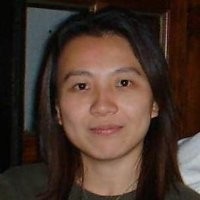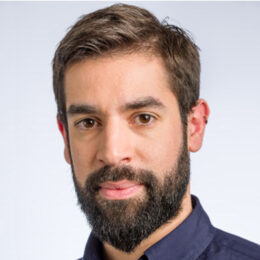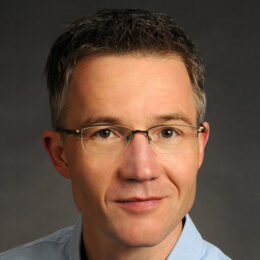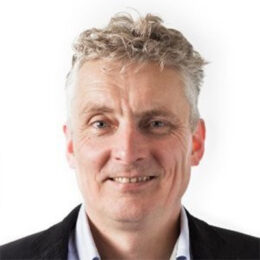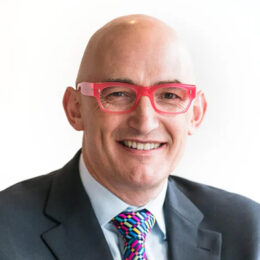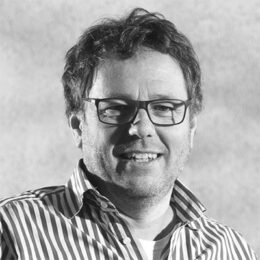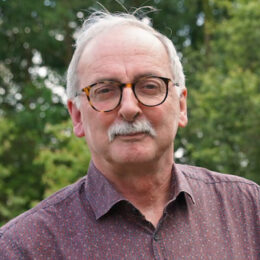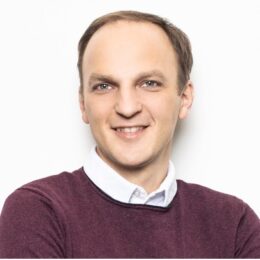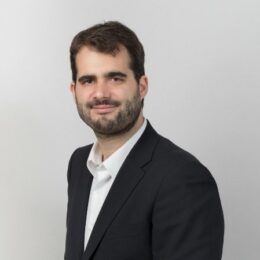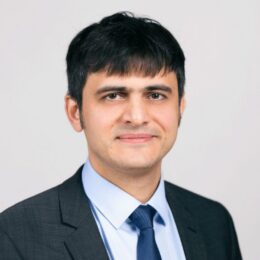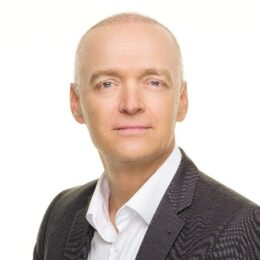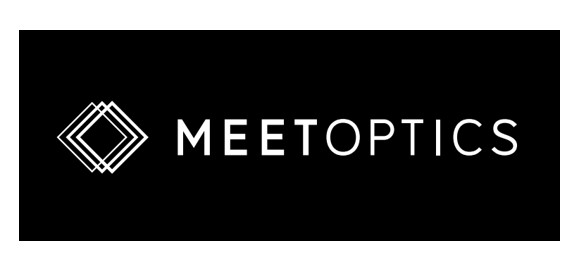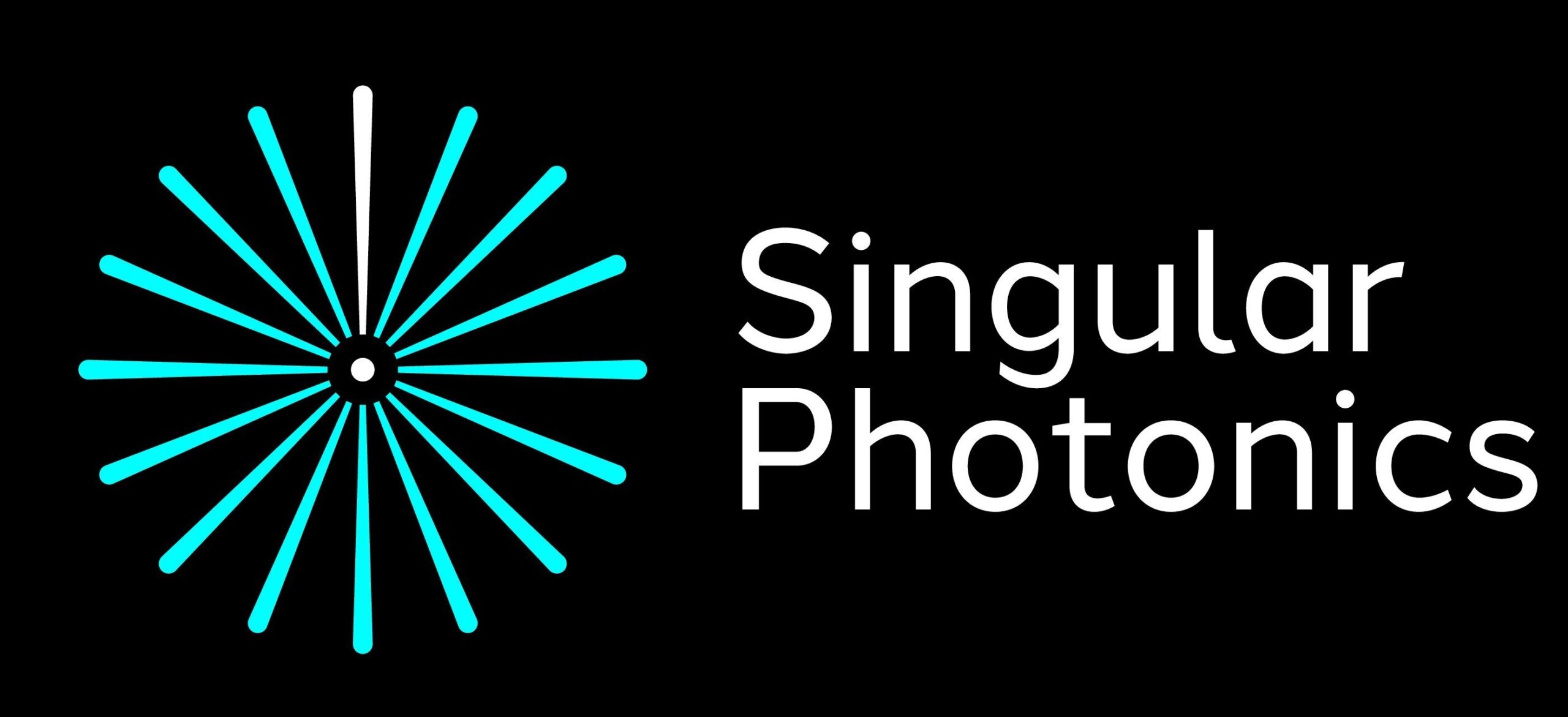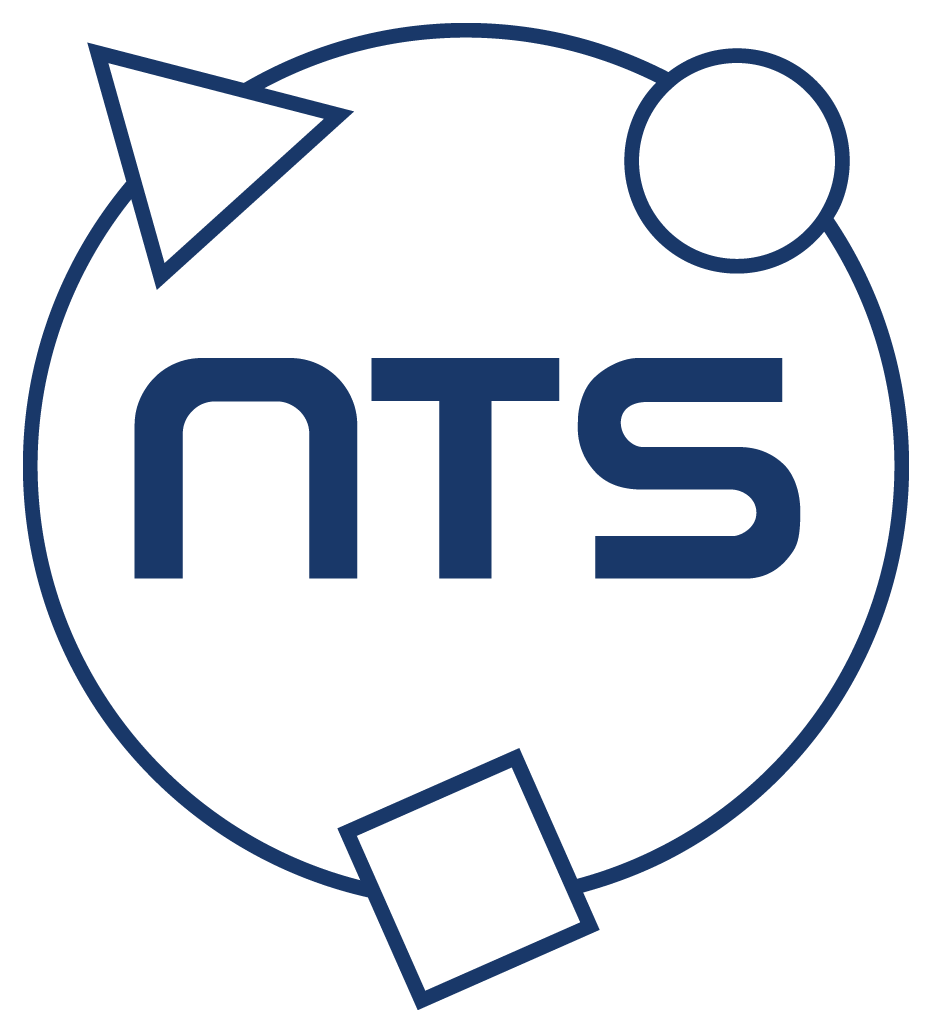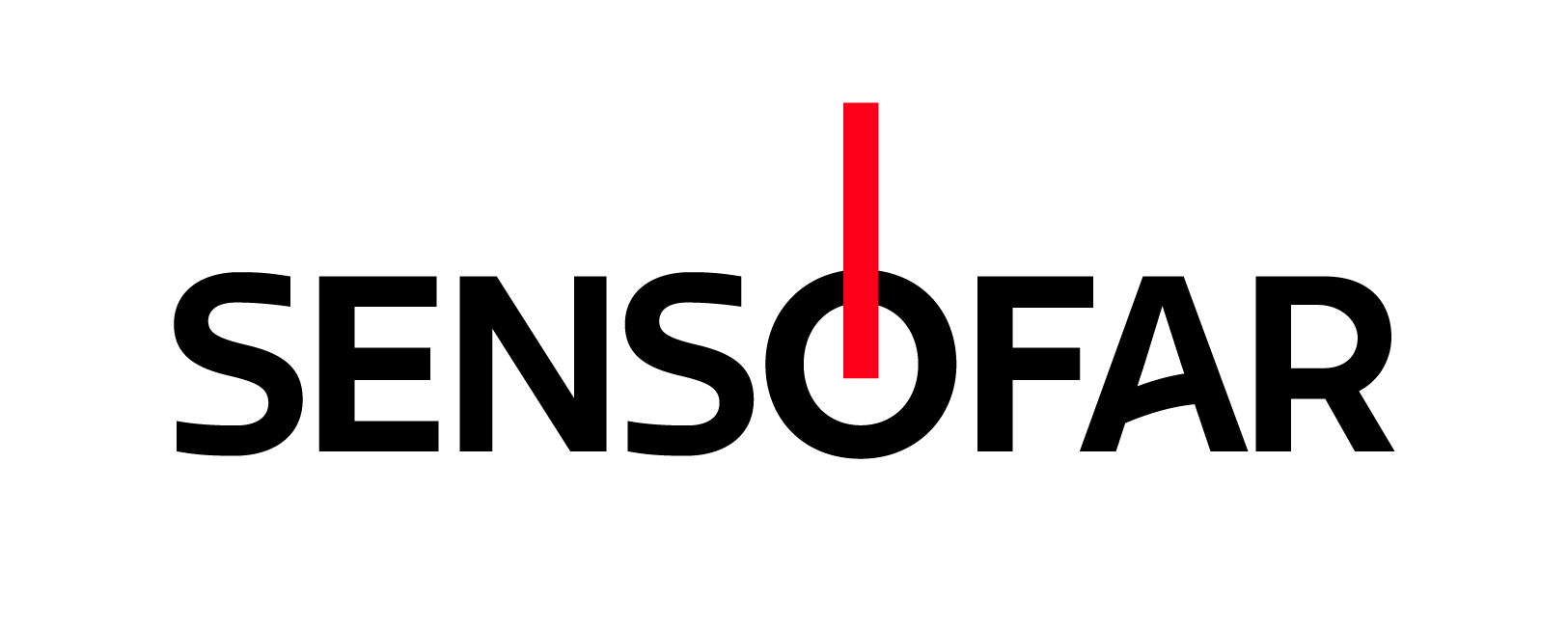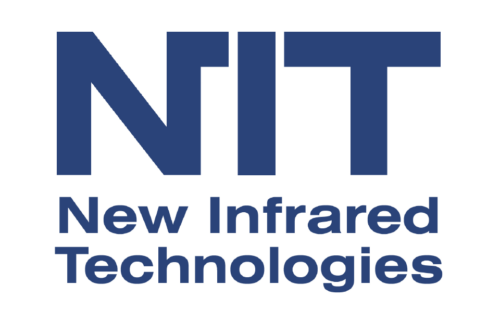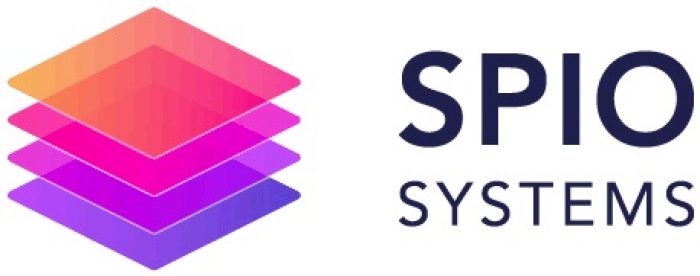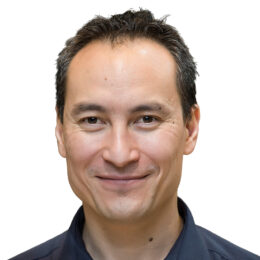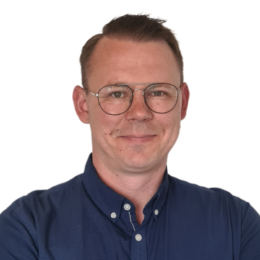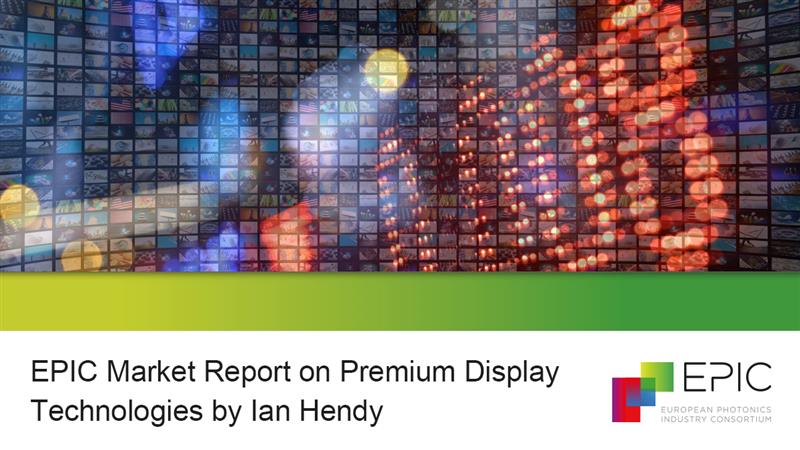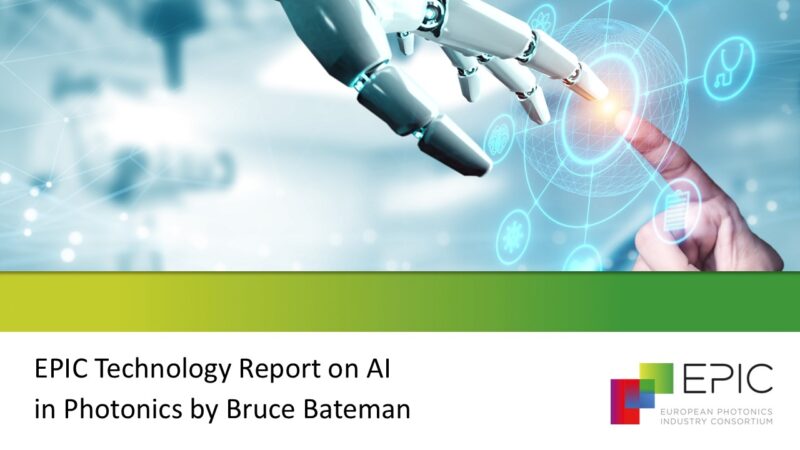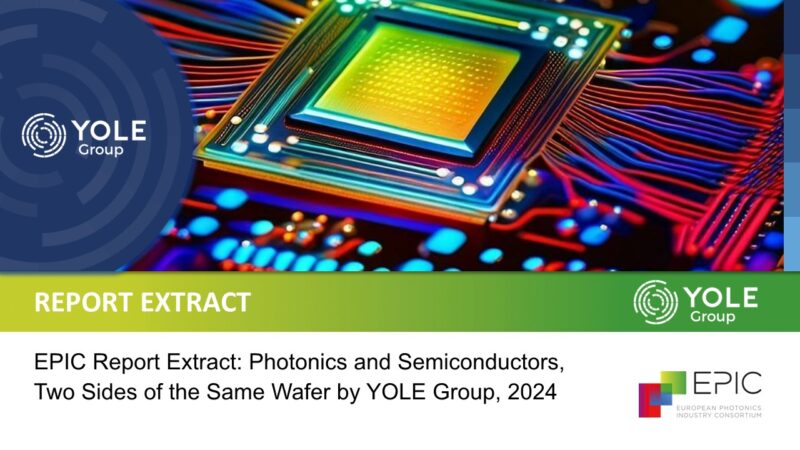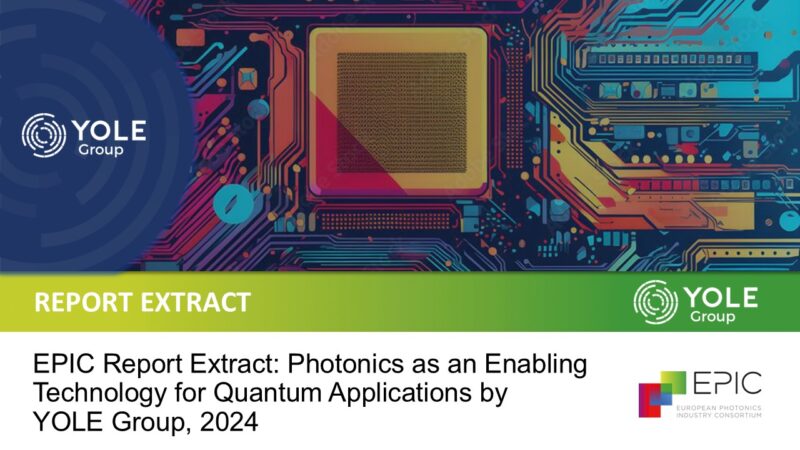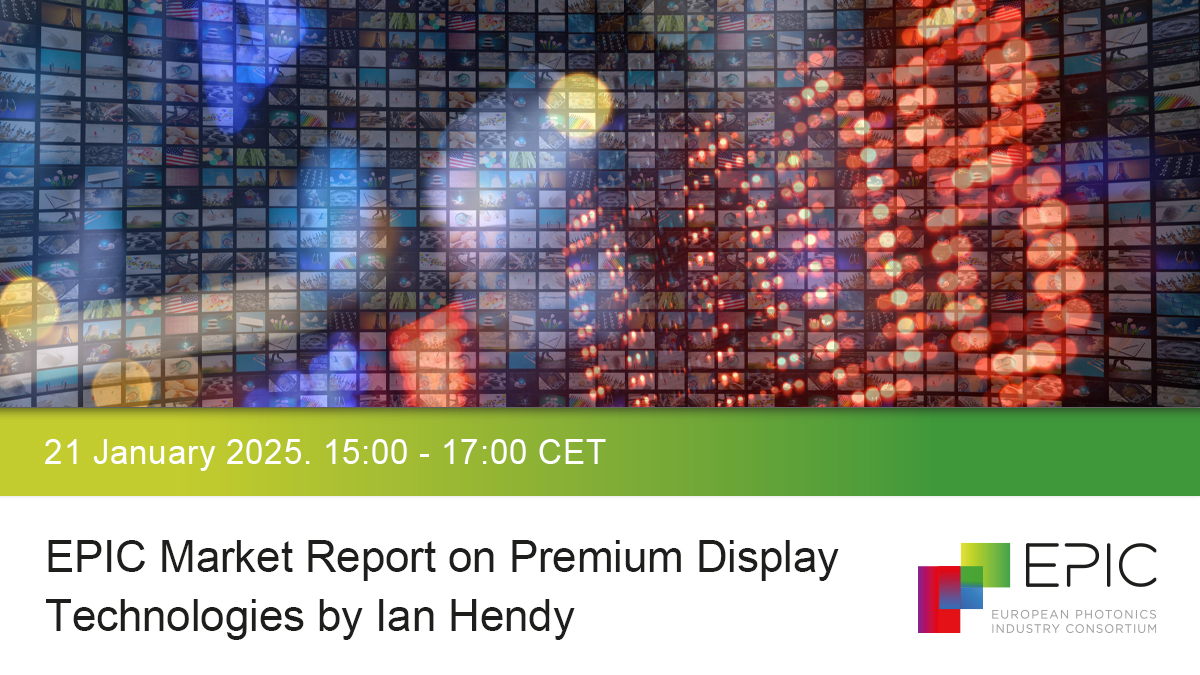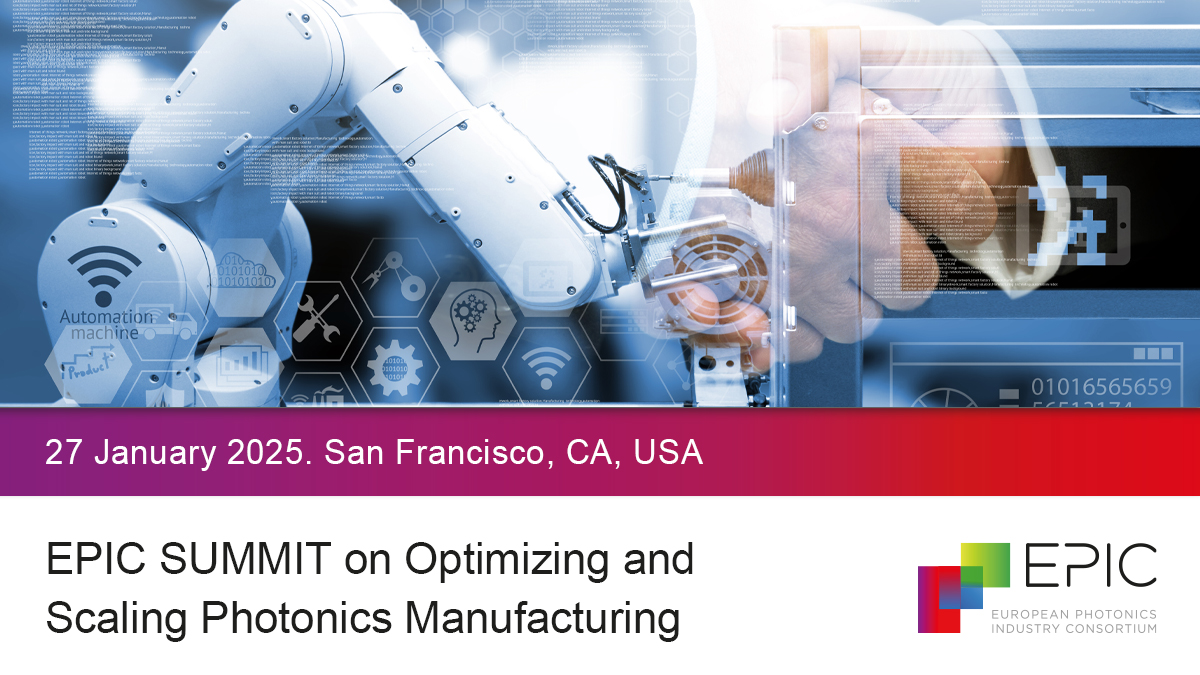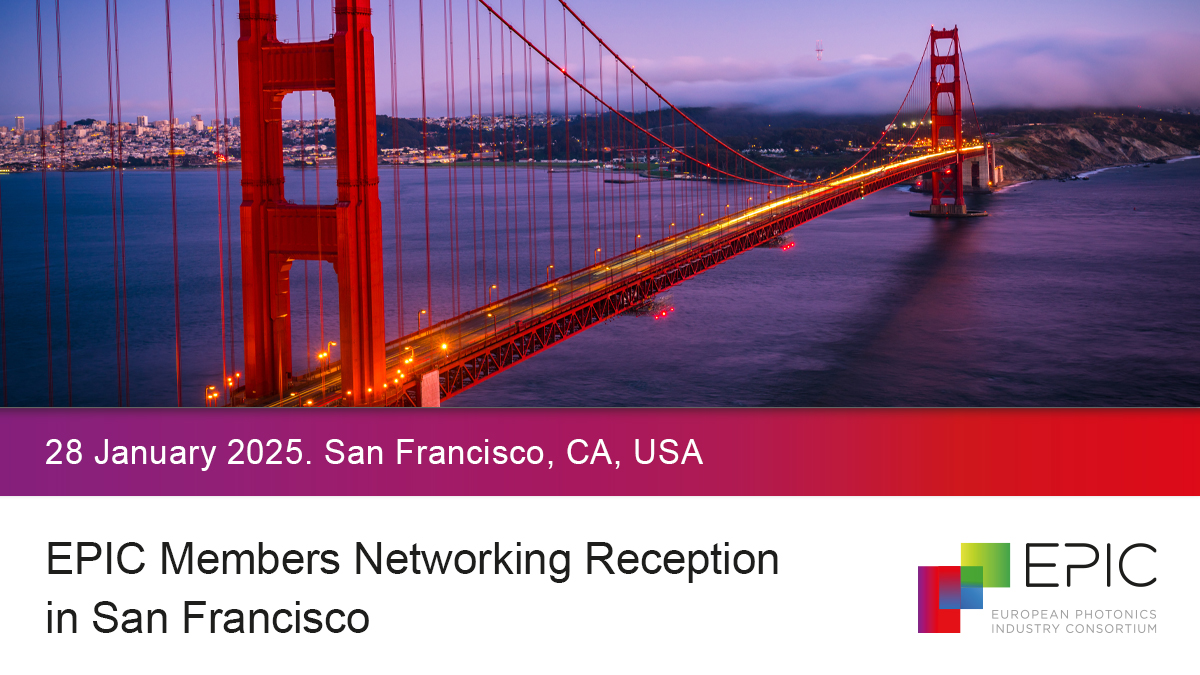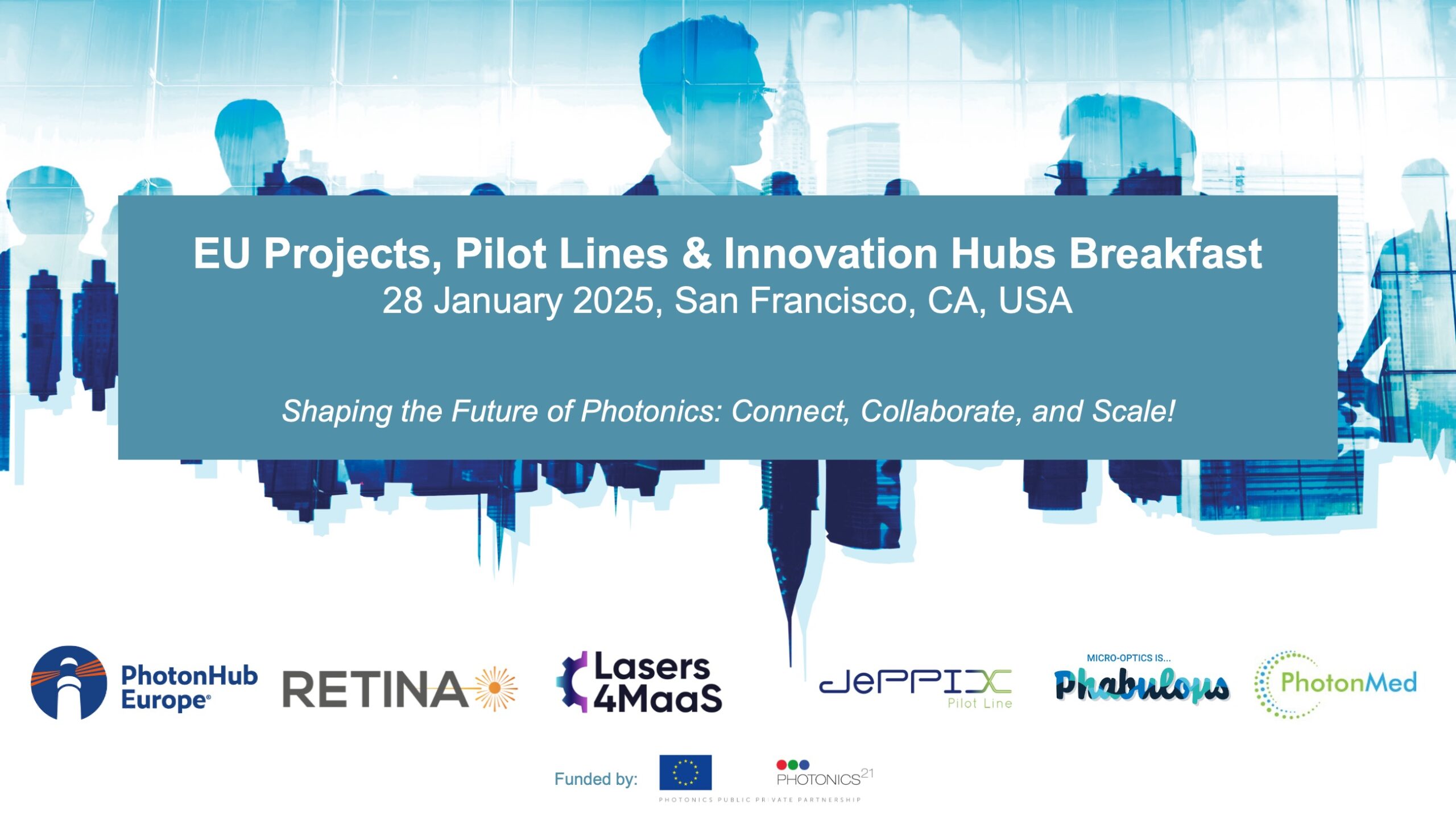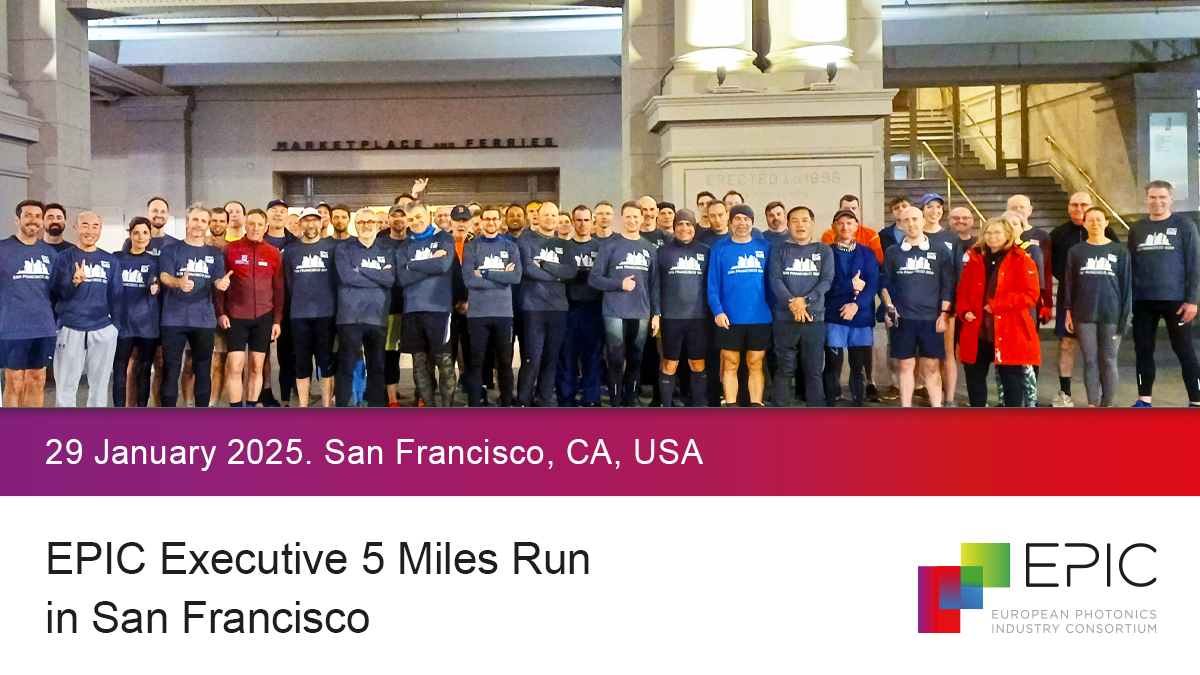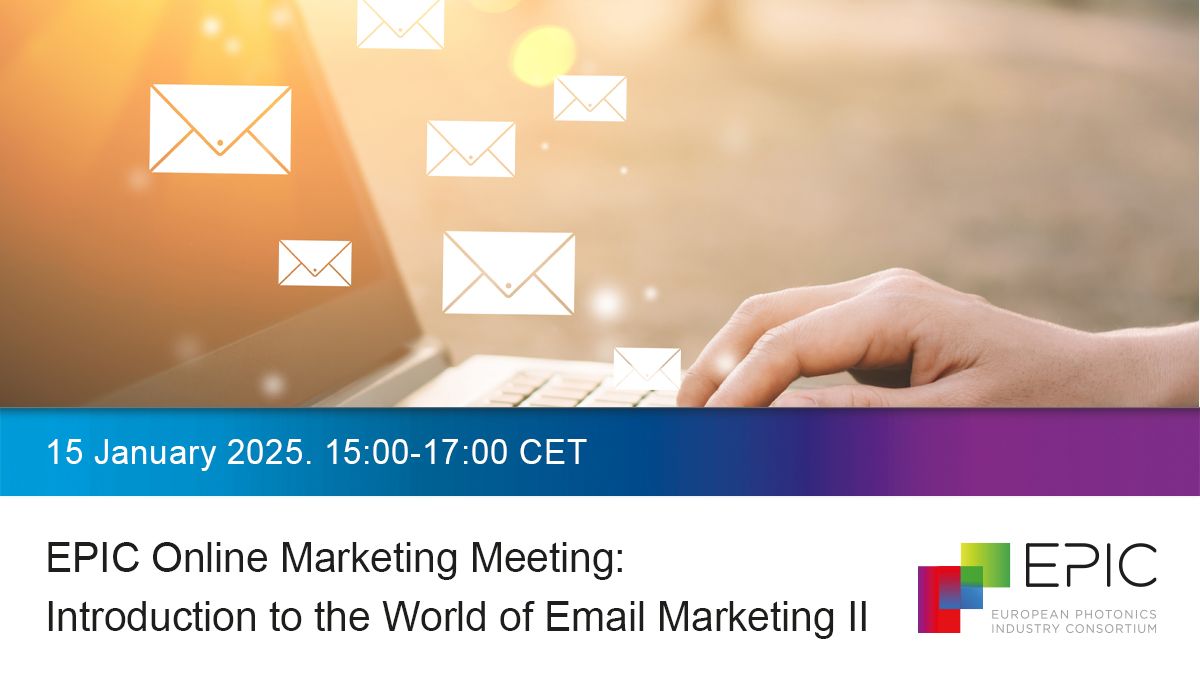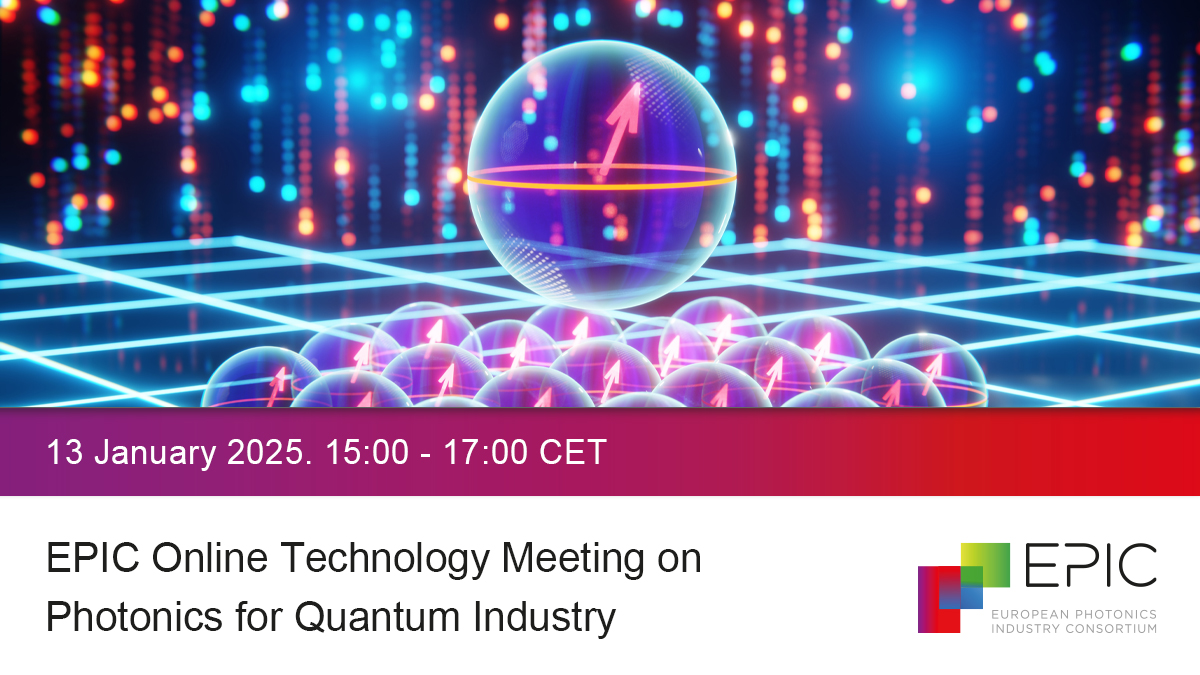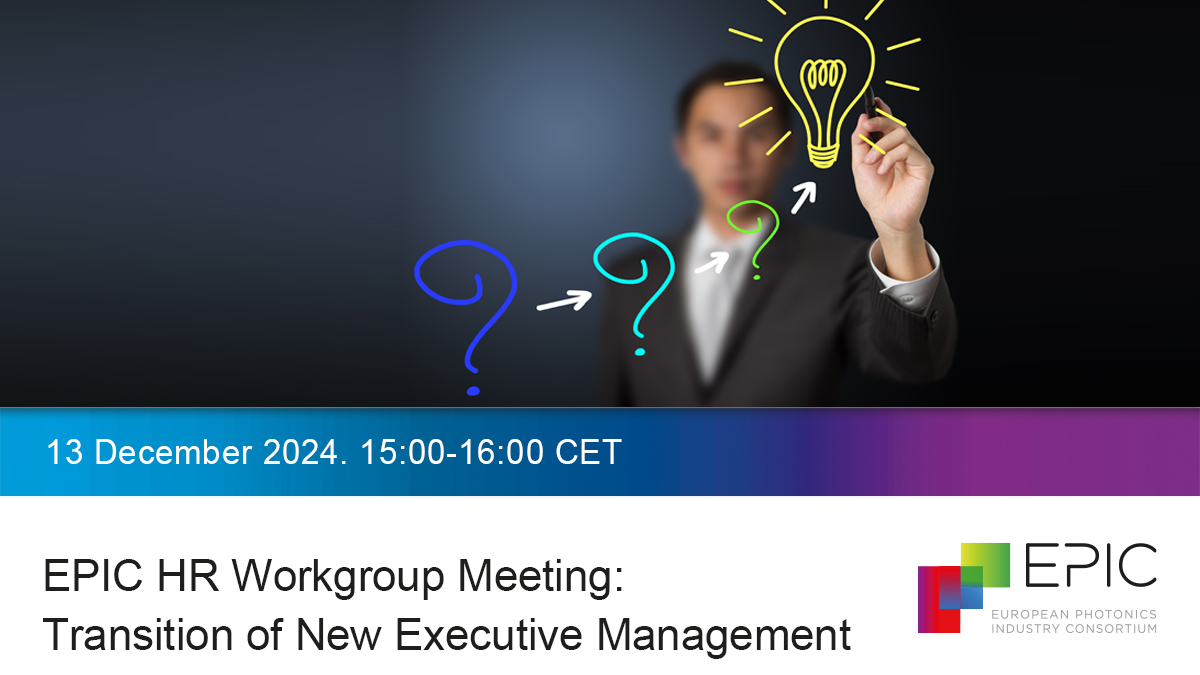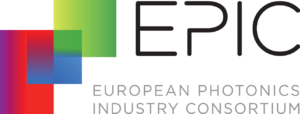23 March 2025, Sunday
20:00 – 22:30 Welcome Dinner at L´Olive (address: Carrer de Balmes, 47, L’Eixample, 08007 Barcelona).
24 March 2025, Monday (OPTIONAL – Requires separate registration – 30 seats available)
09:00 – 18:00 Visiting local EPIC member companies
09:00 Departure by bus from Eurostars Hotel Grand Marina (address: Moll de Barcelona, S/N, Ciutat Vella, 08039 Barcelona) for the companies visits.
- 09:00 Bus Departure from Hotel Eurostars Grand Marina
- 09:30-11:30: UPC-CD6 + presentation from spin-offs and Fotónica21
- 12:00-14:00 Sensofar
- 14:00 – 15:30 Microrelleus
- 16:00 – 17:30 Mapsi
- 17:30 – 18:00 Drive back to Hotel Eurostars Grand Marina
19:30 – 22:00 Pre-event Dinner at 7 Portes (address: Pg. d’Isabel II, 14, Ciutat Vella, 08003 Barcelona).
25 March 2025, Tuesday (OPTIONAL – Requires separate registration – 30 seats available)
09:00 Departure by bus from Eurostars Hotel Grand Marina (address: Moll de Barcelona, S/N, Ciutat Vella, 08039 Barcelona) for the companies visits
09:00 – 18:00 Visiting local EPIC member companies
- 09:00 Bus Departure
- 09:30-11:00 Inmersia
- 11:30-13:30 ICFO – The Institute of Photonic Sciences
- 13:30-14:00 Quside presentation + 3 minutes pitch time from ICFO spin-offs
- 14:00-15:00 Lunch
- 15:30-17:00 monocrom
- 17:00-18:00 Drive back to Hotel Eurostars Grand Marina
19:30 – 22:00 Welcome Reception and Networking Dinner at Marina Port Vell (address: Moll de La Barceloneta, 1, Ciutat Vella, 08039 Barcelona). ALL ATTENDEES EXPECTED.
26 March 2025, Wednesday
07:30 – 09:00 Morning Run/Walk (optional – but all attendees are expected to join!) at San Sebastian Beach and Breakfast at Honest Greens. Return by boat to Moll de Drassanes
09:00 – 09:45 Registration, networking coffee break & expo at World Trade Center
09:45 – 12:00 Spanish EPIC member company presentation
- Alcyon Photonics, Jimena García-Romeu, CEO
- CEIT, Santiago M Olaizola Izquierdo, Group Leader Laser Precision Manufacturing
- ICFO, Sergi Ferrando, PHOTONCAT Manager
- IMASENIC, Renato Turchetta, CEO
- KD, Carlos Pardo, CEO
- Mapsi Photonics, David Cardador Maza, CEO
- MEETOPTICS, Barbara Buades, CEO
- New Infrared Technologies, Arturo Baldasano, CEO
- Ommatidia LIDAR, Eduardo Margallo, CEO
- Quside Technologies, Carlos Abellan, CEO
- Sensofar, Marc Canales, CEO
- UPC-CD6, Santiago Royo, Director
- UPVfab Micro-fabrication pilot line, Pascual Muñoz, Director
- VLC Photonics, Iñigo Artundo, CEO
12:00 – 13:30 Networking lunch & expo
13:30 – 13:45 Opening of the Annual General Meeting 2025
13:45 – 15:15 Conference on EPIC Update
- EPIC Board of Directors Update
- Annual Activity Report 2024 presented by the Marketing Team
- Upcoming activities presented by the Technology Team
- Voting approval of EPIC financial accounts 2024
- Advocacy and Lobbying update – Markus Wilkens, Head of Operations, Photonics21
15:15 – 16:00 Networking coffee break & expo. Ranting Session.
16:00 – 17:45 STRATEGY & MARKETS SESSION
Speakers include:
- Jean-François Morizur, CEO, Cailabs (France)
- Gerard van den Eijkel, CEO, Dutch United Instruments (The Netherlands)
- Martynas Barkauskas, CEO, LIGHT CONVERSION (Lithuania)
- Martin Hermatschweiler, CEO & Co-Founder, Nanoscribe (Germany)
- Charlene Hu, Chairperson, Swiroc (Taiwan)
- Bernold Richerzhagen, CEO & President, SYNOVA (Switzerland)
-
Michael Lebby, CEO, GenusTechnik (USA)
17:45 EPIC Sustainability Award 2025
18:00 EPIC CEO Award 2025
18:15 EPIC Lifetime Achievement Award 2025
18:30 Gather in the lobby and departure to dinner venue
19:00 – 22:30 Gala Dinner at Poble Espanyol (address: Av. de Francesc Ferrer i Guàrdia, 13, Sants-Montjuïc, 08038 Barcelona).
27 March 2025, Thursday
07:00 – 07:30 Morning Swim (optional) at San Sebastian Beach and Breakfast at Honest Greens. Return by boat to Moll de Drassanes.
08:15 – 09:00 Networking coffee & expo
09:00 – 10:30 TECHNOLOGY & MARKETS SESSION
Speakers include:
- Andre Richter, CEO, VPI Photonics (Germany)
- Panagiotis-Alexandros Bokaris, Head of Digital Optics, L’Oreal (France)
- Martin M. Roth, Leibniz-Institute for Astrophysics Potsdam (Germany)
- Edwin Wolterink, CTO, Anteryon (Netherlands)
10:30 – 11:15 Networking coffee & expo
11:15 – 13:30 INVESTMENT / BUSINESS SESSION
Speakers include:
- Basil Garabet, CEO, NKT Photonics (Denmark)
- Mike Powell, Managing Partner, Renevo Capital Limited (United Kingdom)
- Ronny Timmreck (serial entrepreneur) (Germany)
- Hans Van den Vlekkert (serial entrepreneur) (Netherlands)
- Jean-François Vinchant, CEO, SEDI-ATI Fibres Optiques (France)
- Matthias Trinker, CFO, ELAS Technologies Investment (Germany)
- Maik Mueller, CEO, Nynomic (Germany)
- 3 minutes pitch of EPIC members looking for capital – anyone can present
13:30 – 15:00 Networking lunch
15:00 Official end of the meeting
15:30 – 18:00 Optional social activity if you are not yet ready to leave Barcelona! All attendees are very welcome but separate registration is required. Catamaran Sailing Tour (address: Moll de Drassanes, Plaça Portal de la Pau, s/n, 08039 Barcelona)

